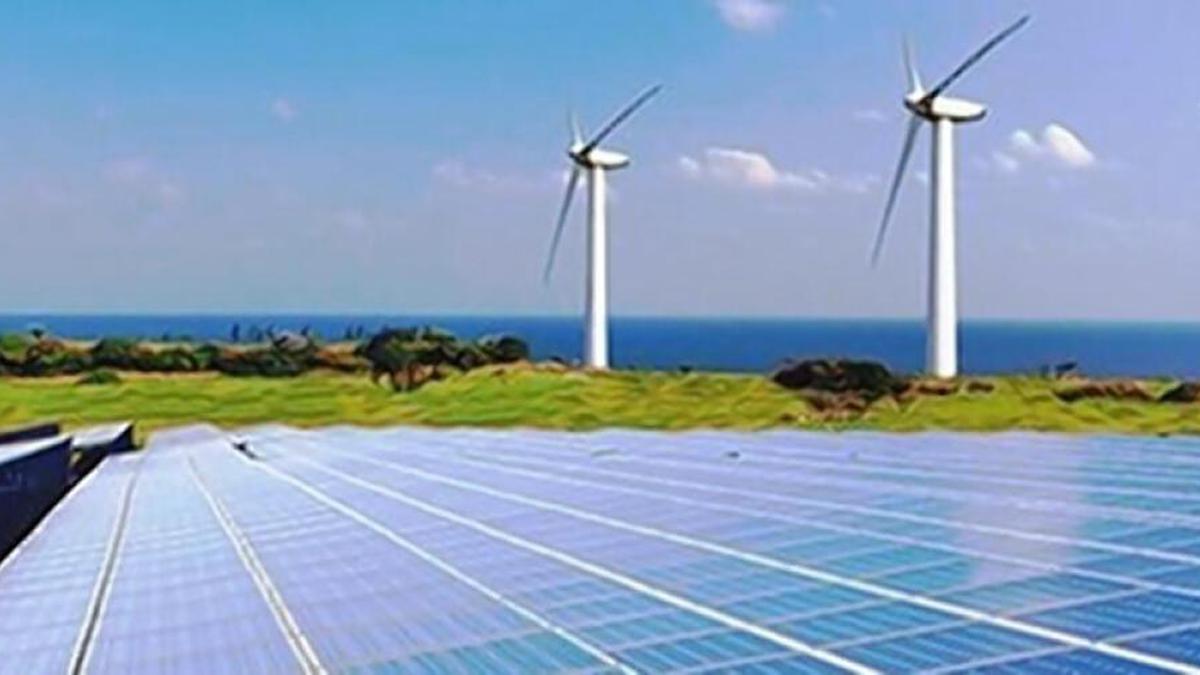
Renewable Energy to Cover 100% of Merck’s Current Electricity Purchases in Europe from 2025 – EQ
In Short : Merck, a leading global science and technology company, has announced an ambitious commitment to transition its European operations to 100% renewable energy by 2025. This initiative signifies a significant step toward Merck’s sustainability goals and aligns with the company’s dedication to reducing its carbon footprint.
In Detail :
- Company signs virtual power purchase agreements for 300 gigawatt hours per year
- Wind and solar farms operational in Spain from 2025
- Important milestone for Merck’s strategic sustainability goal of being climate-neutral by 2040
Merck, a leading science and technology company, will cover 100% of its current electricity purchases in the European Union (EU) and Switzerland with renewable energy certificates from 2025 onwards. To this end, the company has signed virtual power purchase agreements (VPPAs) for a total of around 300 gigawatt hours (GWh) of renewable energy per year with Matrix Renewables and Renantis. This corresponds to almost one third of all electricity purchased by Merck worldwide in 2022.
“If humanity is to avoid the worst effects of the climate crisis, it’s vital that global industry leaders accelerate their transition to renewable energy. By covering 100% of our purchased European electricity with renewable energy certificates from 2025, and advancing our efforts across all other regions, Merck continues to demonstrate its global leadership. We remain fully on track to reach climate neutrality by 2040,” said Belén Garijo, Chair of the Executive Board and CEO of Merck.
The new VPPAs have terms of ten years each. Merck is utilizing a mix of solar and wind power to be generated from five Spanish sites from 2025 onwards. Around 200 GWh of the contractually agreed electricity will come from photovoltaic plants, the remaining 100 GWh from wind farms. Merck will receive sufficient energy certificates (Guarantee of Origin, as issued by the AIB as part of the European Energy Certificate System) to fully cover the electricity purchased in 2022 for its three business sectors Life Science, Healthcare and Electronics for all sites in the EU and Switzerland. In the selection process of the project developer, sustainability aspects such as the support of local communities and the promotion of good environmental and social practices throughout the supply chain were important criteria.
Renewable energies contribute significantly to climate targets
By 2030, Merck aims to cover 80% of its worldwide purchased electricity from renewable sources. In recent years, the company has signed several VPPAs in North America, its second-largest region by sales. There, it will cover 90% of its electricity consumption from renewable sources in 2024. With the new European virtual power purchase agreements, renewable energy is expected to cover circa 70%1 of purchased electricity for the entire company from 2025.
Merck is also investing in renewable energy at its own sites. In 2022, the company installed around 7,000 solar modules in Sheboygan, Wisconsin, USA. These add around 4 GWh to the power grid per year. In cooperation with ENTEGA, rooftop photovoltaic systems at the Darmstadt headquarters and a photovoltaic park at the site in Gernsheim are currently being built. These projects are scheduled for completion by the end of 2023 and will generate up to 7.6 GWh of electricity per year. In September 2023, Merck inaugurated a solar farm at its manufacturing site in Mollet del Vallès, Spain. It will generate up to 2.8 GWh of green electricity annually.
The independent Science Based Targets initiative (SBTi) confirmed in 2022 that Merck’s climate targets meet the requirements of the Paris Climate Agreement and contribute to limiting global warming to 1.5 degrees Celsius.
Through energy efficiency measures, the reduction of process-related emissions and a higher share of renewable energies, Merck reduced its greenhouse gas emissions by almost 10% in 2022 compared to the previous year.













